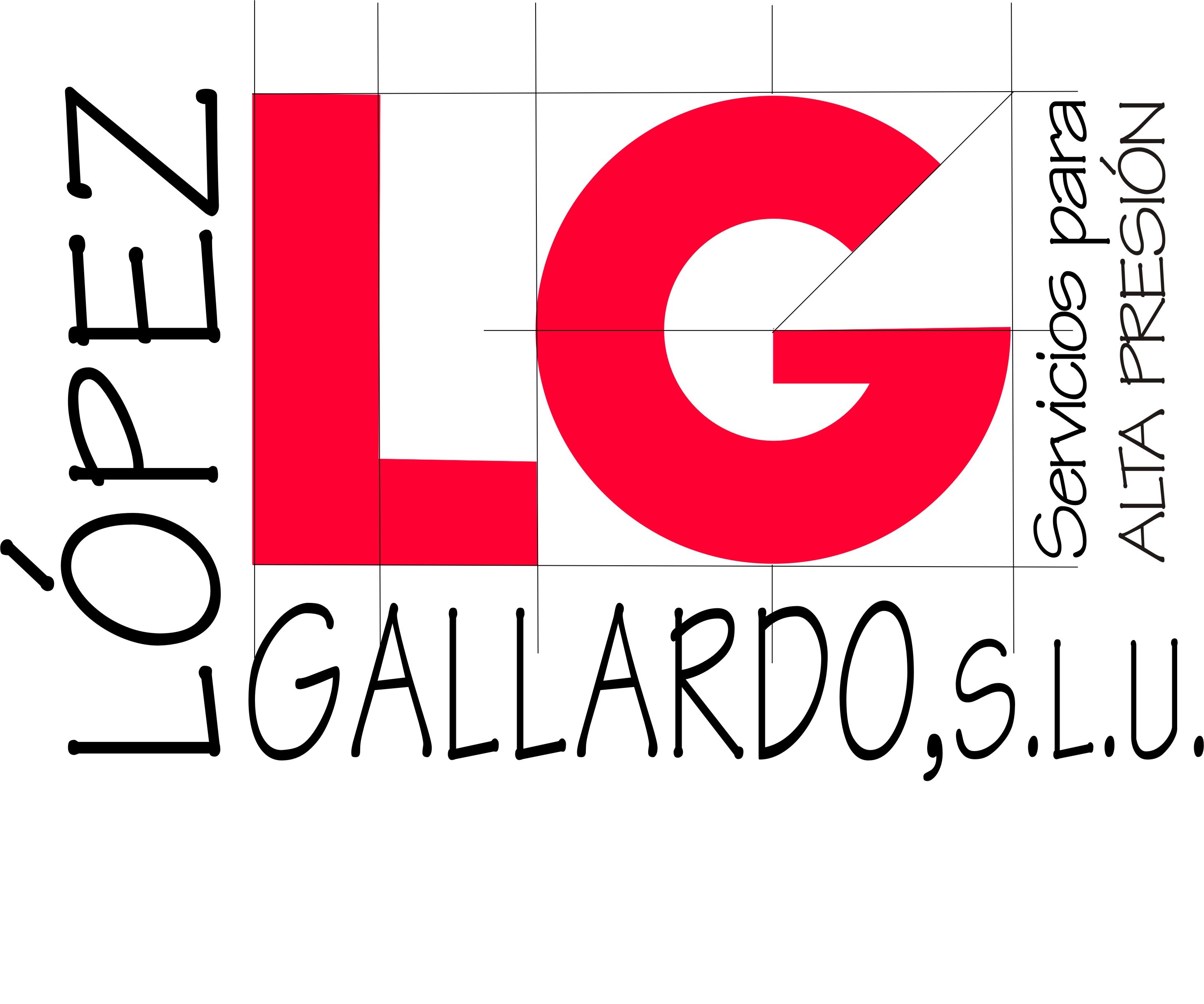rialto escort service
As a freelance costume designer Cristovo (30) discovers himself travelling through London often, and makes use of their software as a means of earning friends that are new well in terms of times and hook-ups.
he could be therefore acutely conscious of this double-bind, together with his day-to-day software usage impinging on their capacity to fulfill individuals through random encounter, which he forces himself to restrict time invested online: вЂI think it is a negative routine to help you be investing a lot of time on the phone. You’re sort of lacking the world that is whole here, you know?’ His anxiety about вЂmissing’ what is going on inside the physical environs shows that the hybridisation that so frequently mediates locative application usage isn’t universal, rather than constantly dependable. For Cristovo, the technical effectiveness that the apps offer deserves its very own scrutiny: вЂsometimes it requires a little bit of the enjoyment [out] of conference people […] It is simply too simple, you understand, to attach.’ Cristovo’s mindset mirrors Francis (21), a learning pupil staying in north-east London. Francis utilizes three of the very popular male-male apps that are locative but prevents himself from getting any longer:
Each software you have got is yet another platform from where you distance your self through the genuine, physical, involved globe you inhabit. And I also don’t really make use of either of these that much but the platforms We have, i assume in my situation that’s me personally confirming my aspire to disassociate from the real life, that isn’t one thing we fundamentally might like to do.
Individuals also commented regarding the bad ratio of online conversation to in-person meet-ups, expressing their frustration utilizing the restricted social or connection that is sexual apps had fostered for them. Malcolm (23) had previously chatted extensively to men online, however now minimises online discussion in hopes of expediting an encounter that is physical. He cautions: вЂit is very overestimated, the total amount of those who really meet on Grindr […] for the great deal of men and women, it is only the dream of talking with someone. Because you’re lonely, because you’re bored, or because you’re horny.’ Likewise, George (27), an instructor surviving in north London, has skilled apps much less time-savers but as time-wasters, which mitigates their capability to truly save potential awkwardness experienced whenever wanting to fulfill males in person: if you have that online conversation too much†I think there’s a line which online dating can cross. It could be quite false’. Regardless of the historic affinity between non-heterosexual men and internet dating and talk communities (Campbell 2004 ; Mowlabocus 2010 ), individuals overwhelmingly privileged embodied encounter. George’s wariness regarding exorbitant virtual interaction shows that for several, locative technology appears to do its work most readily useful whenever it brokers actually fulfilling, and does so without more online sociality than is totally necessary.
At 65, Eric could be the participant that is oldest into the research, and concerns the level to that your effectiveness of locative apps balances out of the problems that become obvious only if online connection advances to embodied encounter. For him, this will come in the type of вЂcatfishing’ (Drouin et al. 2016 ), those times when a partner that is physicaln’t match their online profile appearance:
I experienced one event, from Hornet, where every thing in regards to the description for the person, the face image, I thought: that is somebody i do want to fulfill. While the truth from it ended up being next to nothing associated with the description, and I also had the hinged home available, and I also thought we don’t think this. Bye. Because if somebody lies to this level, just how can anybody trust the average person for any other thing more? Maybe it is my expectations. Perhaps we anticipate an excessive amount of from people.
Public and space that is private
This last area indicates that locative apps complicate the oppositional relationship between familiarity plus the Rialto escort service complete complete stranger, using the privacy of domestic room being reconfigured through the entry of this вЂstranger’, which itself reconfigures the group of exactly what complete stranger is. The porous boundaries between general public and space that is private always been key to sexualities and area research (Berlant and Warner 1998 ; Crang 2000 ). A grand narrative of modern towns is they are increasingly being privatised, and therefore metropolitan room is losing its centrality as a website of encounter, including encounter that is queer. My outcomes recommend less of a simple shrinking of just what is typically looked at as general general public room in preference of a starting up of this individual room of the house to stranger-access in new methods. In place of a simplistic trade-off between general general public and private, we come across a reconfiguration of intercourse in the home as a fresh imbrication between domestic and general public spheres instead of just a manifestation of, or retreat into, private space.

